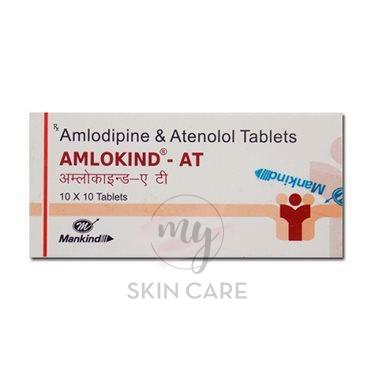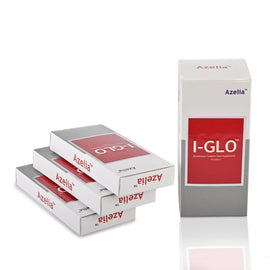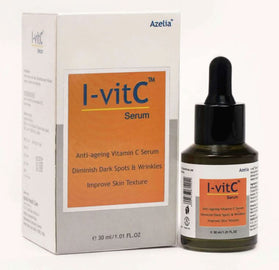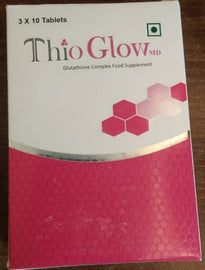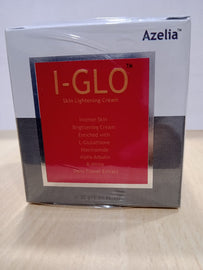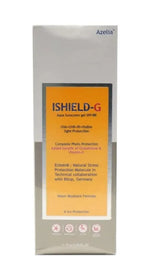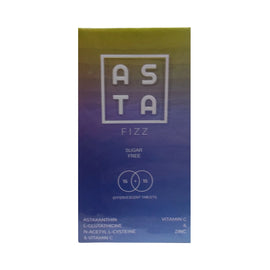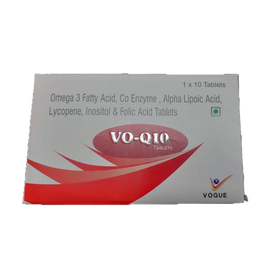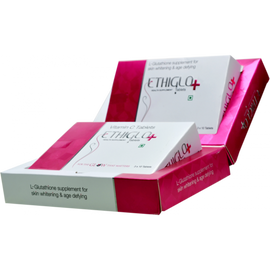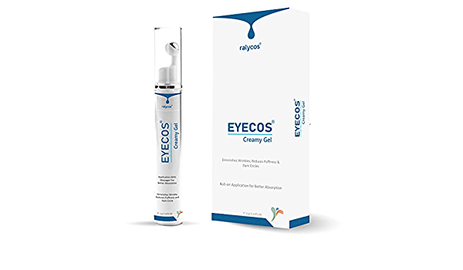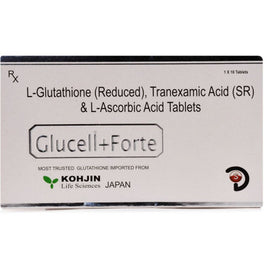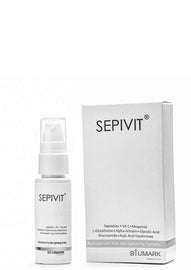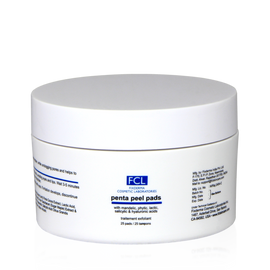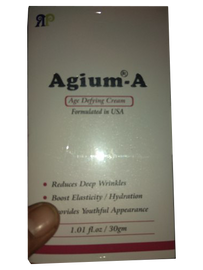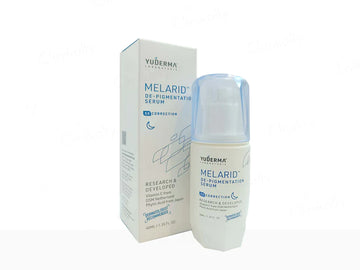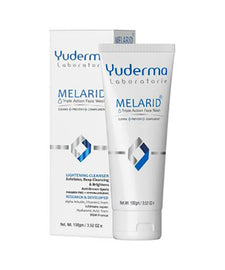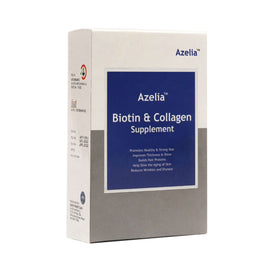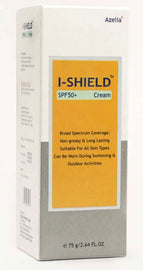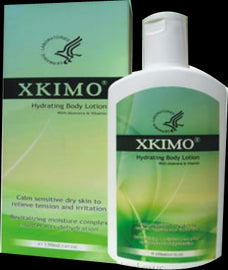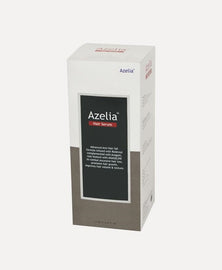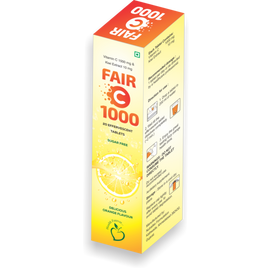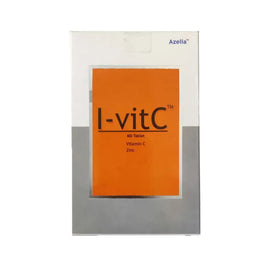Amlokind-AT Tablet is used to treat hypertension (high blood pressure). This is a combination of two medicines that controls blood pressure when a single medication is not effective. It helps to lower high blood pressure and thus reduces the chances of future heart attack and stroke.
You can take Amlokind-AT Tablet at any time of day, on empty stomach, but it is best to take it at the same time each day. Keep taking it for as long as advised by your doctor. Even if you feel well, do not stop this medicine on your own because high blood pressure often has no symptoms. If you stop taking it, your condition may get worse. Keeping active with regular exercise, reducing your weight and eating a healthy diet will also help control your blood pressure. Follow your doctor’s advice while taking this medicine.
It may cause side effects like headache, ankle swelling, slow heart rate, and nausea. It may also cause dizziness, so do not drive or do anything that requires mental focus until you know how this medicine affects you. This might raise the level of potassium in the blood, hence avoid potassium rich food or supplements. You may be asked for regular monitoring of blood pressure, kidney function, and electrolytes level while on the treatment.
Before taking it, let your doctor know if you have any liver or kidney problems. Pregnant or breastfeeding women should also consult their doctor for advice before taking this medicine. You also need to tell your doctor what other medicines you are taking especially those used to treat high blood pressure or heart conditions.
USES OF AMLOKIND-AT TABLET
Hypertension (high blood pressure)
SIDE EFFECTS OF AMLOKIND-AT TABLET
Common
Sleepiness
Headache
Ankle swelling
Flushing (sense of warmth in the face, ears, neck and trunk)
Slow heart rate
Palpitations
Nausea
Edema (swelling)
Constipation
Tiredness
Cold extremities
HOW TO COPE WITH SIDE EFFECTS?
The occurrence of side effects varies from person to person. The following are a few ways of dealing with some of the common side effects. However, consult your doctor if these persist.
Coping with Sleepiness
If the medicine is making you drowsy during the day, stop what you are doing and sit or lie down until you feel better. You can also consider taking a nap. Physical exercises such as walking may be helpful. Do not drink alcohol, as it will make you feel more tired. Avoid driving or operating heavy equipment when you are feeling drowsy. This problem usually goes away as your body gets used to the medicine. However, if it does not, ask your doctor if you can take your medicine at bedtime or whether the dose can be reduced.
Coping with Headache
Make sure you rest and drink plenty of fluids. Rest in a quiet, dimly lit room. Do not sleep more than you normally would. Do not strain your eyes (for example by looking at a screen). Do not drink alcohol. Headaches are usually temporary and usually go away with time. But, if they last longer or get worse, ask your doctor to recommend a painkiller.
Coping with Ankle swelling
Keep your legs raised when you are sitting or lying down. Try to keep moving your legs and ankles by taking a short walk several times an hour, as standing still for too long can increase swelling. Avoid wearing tight-fitting clothes and do not cross your leg. Drink plenty of non-alcoholic fluids and avoid alcohol. Reduce the salt in your diet. Losing weight and performing leg exercises while sitting can also help reduce the swelling. Using compression socks may help relieve pain and prevent fluid collection in your legs, ankles and feet.
Coping with Flushing (sense of warmth in the face, ears, neck and trunk)
Sip cold or iced drinks. Try cutting down on coffee, tea and alcohol. It might help to keep the room cool and use a fan. You could also spray cool water on your face. Wear layers of light clothing that you can easily take off if you overheat. Breathe deeply and try to relax. Have a lukewarm shower or bath instead of a hot one. Avoid smoking and cut down on alcohol. The flushing should go away after a few days. If it does not go away or causes problems, contact your doctor. There may be medicines that can help.
Coping with Slow heart rate
Splash your face with cold water and breathe deeply. This will help you to relax. Exercise regularly, eat a healthy diet and maintain a healthy weight. Manage your blood pressure, cholesterol and blood sugar levels. Limit your alcohol intake or drink in moderation, do not smoke and manage your stress levels. If your condition does not improve, speak to your doctor as you may be offered a different type of medicine.
Coping with Palpitations
If this happens regularly after you take your medicine, try to take the medicine at a time when you can sit or lie down when the symptoms are worse. It may help to cut down on alcohol, smoking, caffeine and big meals as these might make the problem worse. If you are still having problems after a week, speak to your doctor as you may be offered a different type of medicine.
Coping with Nausea
You can help yourself by eating small, frequent meals rather than large ones and drinking plenty of fluids. Eat slowly. Avoid fatty, fried, spicy and very sweet foods. Eat cold or slightly warm food if the smell of cooked or cooking food makes you feel sick. Get plenty of fresh air. You could also try chewing ginger or drinking ginger tea. Eat bananas to replace potassium in your blood which can drop if you are sick (vomit). Use oral rehydration salts to replace vitamins and minerals lost through being sick. There are some medicines that can help you stop from feeling sick. Speak to your doctor if your condition does not improve.
Coping with Constipation
Try to eat foods which are high in fiber such as fresh fruits, vegetables and cereals to increase the bulk and consistency of bowel movements. Drink plenty of water or non-alcoholic drinks and stay hydrated to promote healthy digestion. Increasing physical activities such as walking, yoga and regular exercise can also be helpful. If your condition does not improve, you can ask your doctor to prescribe you laxative medicine.
Coping with Tiredness
Make sure you rest and drink plenty of fluids. Eat a well-balanced diet to keep your energy levels up. Do not drink too much alcohol. Do not drive or use tools or machinery until you feel better. Other things that can help include doing some gentle exercise every day, prioritizing and pacing your activities and having a short nap if you need to. If you are still having problems after a week, speak to your doctor, as they may want to change you to a different type of medicine.
Coping with Cold extremities
Keep your hands and feet warm by wearing gloves and warm socks. Try massaging and putting your hands or feet under warm water. Do not smoke or have drinks with caffeine as these can restrict blood flow to your hands and feet.
HOW TO USE AMLOKIND-AT TABLET
Take this medicine in the dose and duration as advised by your doctor. Swallow it as a whole. Do not chew, crush or break it. Amlokind-AT Tablet is to be taken empty stomach.
HOW AMLOKIND-AT TABLET WORKS
Amlokind-AT Tablet is a combination of two medicines: Amlodipine and Atenolol, which lowers blood pressure effectively. Amlodipine is a calcium channel blocker which works by relaxing blood vessels while atenolol is a beta blocker which works specifically on the heart to slow down the heart rate. Together, they make the heart more efficient at pumping blood throughout the body.
SAFETY ADVICE
warnings
Alcohol
UNSAFE
It is unsafe to consume alcohol with Amlokind-AT Tablet.
warnings
Pregnancy
CONSULT YOUR DOCTOR
Amlokind-AT Tablet is unsafe to use during pregnancy as there is definite evidence of risk to the developing baby. However, the doctor may rarely prescribe it in some life-threatening situations if the benefits are more than the potential risks. Please consult your doctor.
warnings
Breastfeeding
CONSULT YOUR DOCTOR
Amlokind-AT Tablet is probably unsafe to use during breastfeeding. Limited human data suggests that the drug may pass into the breastmilk and harm the baby.
warnings
Driving
UNSAFE
Amlokind-AT Tablet may cause side effects which could affect your ability to drive.
Amlokind-AT Tablet may cause side effects such as dizziness, headaches, nausea or tiredness, all of which could affect your ability to concentrate and drive.
warnings
Kidney
CAUTION
Amlokind-AT Tablet should be used with caution in patients with kidney disease. Dose adjustment of Amlokind-AT Tablet may be needed. Please consult your doctor.
Regular monitoring of blood pressure is recommended and can help in better dose adjustment.
warnings
Liver
CAUTION
Amlokind-AT Tablet should be used with caution in patients with liver disease. Dose adjustment of Amlokind-AT Tablet may be needed. Please consult your doctor.
Amlokind-AT Tablet is started at a lower dose in patients with liver disease and further increased slowly with careful monitoring.




